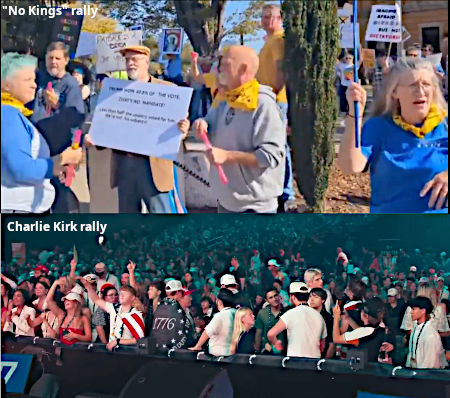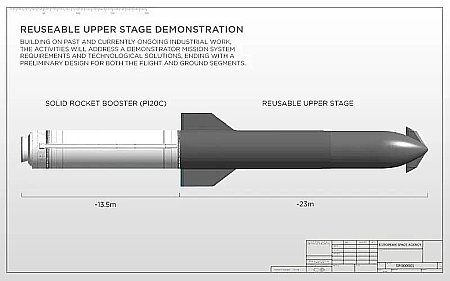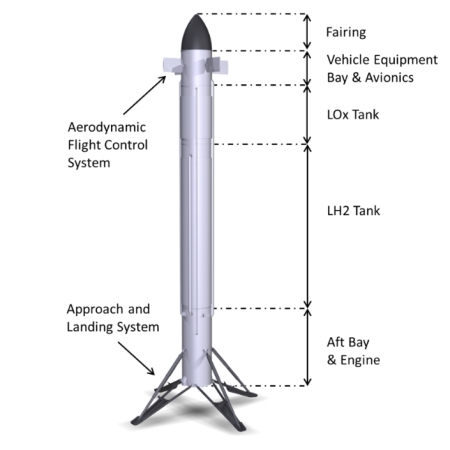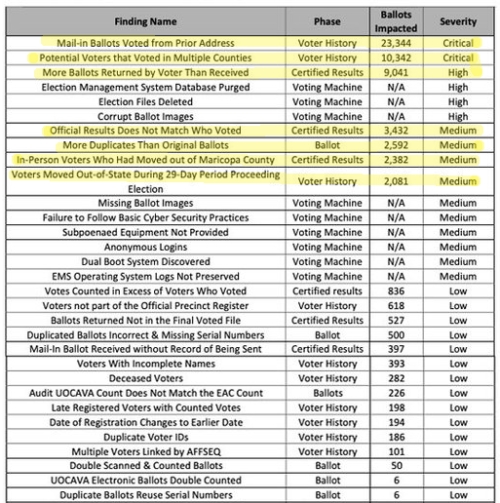Duffy’s shiny object worked

Pay no attention to the man behind the curtain!
As expected, Elon Musk responded yesterday with anger and insults to the announcement by interim NASA administrator Sean Duffy that he will consider other manned lunar landers besides Starship for the first Artemis landing on the Moon.
And as expected, our brainless and generally uneducated propaganda press grabbed the shiny object that Duffy had put out with this announcement to focus entirely on the public spat. Here is just a sampling of the typical reports:
- Axios: Musk rages at Trump’s Transportation head on X: He “is trying to kill NASA!”
- CNBC: Musk blasts Duffy after Artemis contract spat: He ‘is trying to kill NASA!’
- The Hill: Elon Musk: Sean ‘Dummy’ shouldn’t run NASA
- Politico: ‘Sean Dummy’: Musk and Duffy brawl over the future of NASA
- Washington Examiner: Musk says Trump transportation chief ‘Sean Dummy’ trying to ‘kill’ NASA
- Bloomberg: Musk Lobs Insults as NASA Hopeful Isaacman Praises Leader Duffy
- Ars Technica: Elon Musk just declared war on NASA’s acting administrator, apparently
- NBC: Elon Musk goes on a tirade after NASA says it will seek moon landers from SpaceX rivals
Not one of these articles reported the fact that Duffy’s announcement also included an admission that NASA is now delaying this manned Moon mission until 2028. Not one went into any depth as to why this program is delayed, if they discussed it at all. And any articles that did discuss the program’s overall slow pace, the focus was always entirely on SpaceX, as if its Starship program was the sole cause of all the problems. Essentially, they picked up Duffy’s talking points and ran with them, blindly. In fact, for almost all of these articles, it appeared as if the reporter was writing about NASA’s Artemis program for the first time, and really knew nothing about it.
Only the Ars Technica story attempted some thoughtful analysis, but it focused on the office politics of choosing NASA’s next administrator, missing entirely the fundamentals of this story, that the Artemis program is and has always been a mess, and that Duffy’s decision will do nothing to fix the problem.
Musk of course foolishly played into Duffy’s hands by reacting so violently, with insults, helping Duffy distract from the real issues. At the same time, Musk also spoke truth with this one tweet:
» Read more














